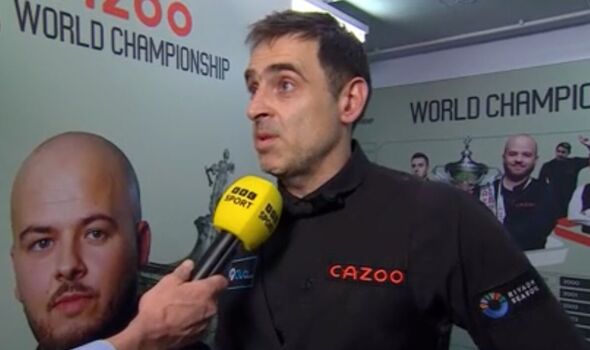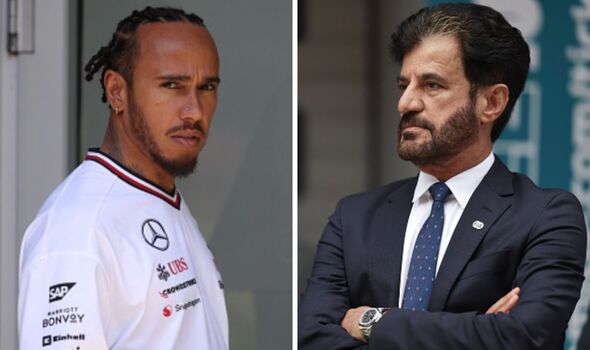
Labour tells businesses to act fast to make case for the UK in Europe
December 9, 2014‘Chinese economy grows, European decreases’
December 9, 2014The superiority of South American strikers has lately become a much-discussed theme on this side of the Atlantic. Dennis Bergkamp suggests that European football academies are too cosseted and rule-bound to develop a maverick creative intelligence such as Luis Suarez. Arsene Wenger reckons that European society itself has become too “soft” to produce “fighters” such as Alexis Sanchez.
Fortunately for Europe, two of the best South American strikers have recently published autobiographies that might give some insight into their continent’s edge in the striking department.
It’s currently popular to believe that children’s football should be all about fun: that results are irrelevant, competition unhealthy, and the only thing that matters is the development of technique. That doesn’t tally with the experiences of Aguero and Suarez. They’ve both been playing to win since they were old enough to grasp the concept.
Both grew up playing both organised and unorganised football. The unorganised football went on everywhere, all the time. The organised football was usually in the Baby Football leagues which are big in Uruguay and Argentina — five- or six-a-side games on small pitches.
As Suarez says: “At first this model looks similar to that used around the world, but in Europe they encourage an almost no-contact sport at that age. Baby Football in Uruguay is physical and it’s aggressive . . . some mothers and fathers keep their children away from it because they believe some of the fun is lost due to the intensity. Some even consider it dangerous . . . it reinforced the message I had already learned from the street – that you play to win at any cost.”
Playing for money
Aguero, meanwhile, has been playing for money since the age of five. When the local kids got together to play on the potrero by his house they’d scrape together whatever change they had and the winners would keep the pot. We’re not talking about big sums, but the point is that winning always mattered.
For Suarez, success is a question of character. He says he wasn’t even the best player in his own family: his brother Maxi was “the technically gifted one”. “He knows, and all the family knows, that he was better than me,” Suarez says. “If he’d been more focused and wanted it more then he would have progressed. Instead he preferred to go out to discos.” No doubt Maxi loves being reminded of the self-inflicted nature of his failure by his multimillionaire brother.
Aguero, by contrast, was pure talent – a genuine prodigy.
“Already, at only five years of age, he had that something extra that sets the chosen ones apart,” says the coach of one of his kid teams, Jorge Ariza. “He was touched by a magic wand. It wasn’t just talent. It was intelligence.” In fact, if anything Aguero was too good, too young.
Goalscoring is one of the world’s most lucrative skills and these brilliant young strikers soon attract the interest of “investors”, would-be “benefactors” and other such characters. Suarez’s book takes a dispassionate view: “In Latin America as a young player your biggest dilemma is whether or not to sell your registration rights to an agent. It’s the ultimate get-rich- quick scheme but in the long term you have waived your rights to unilaterally decide your destiny or profit solely from future moves.”



